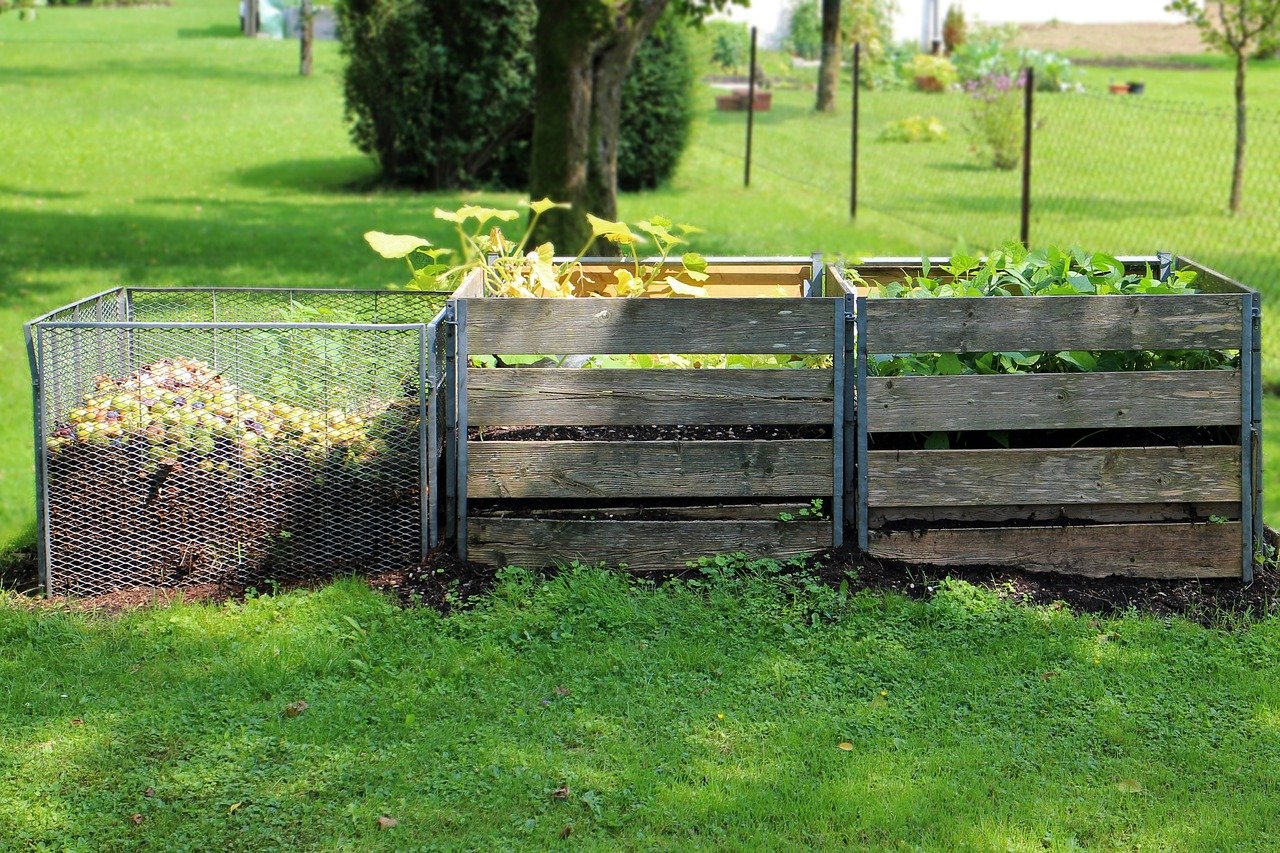
What to do with Garden Waste
Whether you have a few pots in your flat or a big garden, all plants need a bit of maintenance now and then. Gardening services usually include a waste removal service up to a certain amount. However, if you love groundskeeping and enjoy rolling up your sleeves and DIY tasks, green waste is your responsibility. So what can you do with it? Is there a way to use it?
Thankfully, there are many alternatives to throwing your garden waste away and we’ve gathered the best of them.
Table of Contents
Why recycle garden waste?
About half of your garbage bin consists of organic waste that can be transformed into a re-usable product. Every bit of recycled organic waste reduces the release of greenhouse gases. When you recycle, the gasses are converted into green energy and natural fertilisers.
- Recycling your garden waste helps to:
- Create a high-quality compost.
- Reduce landfill. They’re filling up fast.
- Lower the levels of harmful greenhouse gas emissions.
- Reduce air and water pollution.
- Preserve natural resources for the future.
Garden waste recycling is a beautiful, simple circle. The waste turns into nutrients to feed the soil in the garden. It produces more growth, which eventually goes back into the compost bin.
Eco-friendly tips to get rid of garden waste:
Do you like the closed circle and the greenway of gardening? Here are a couple of ways to help you turn the waste into an asset:
Make a compost
The art of composting dates to at least the Stone Age, 12,000 years ago. This ancient method of recycling produces free plant food, and time is the only other necessary ingredient. Closed bins, pit composting, open containers, and tumblers are some of the common methods. Choose the right one for you, by considering how much time and money you’re able to invest. Let nature do the hard work. Or you can find a neighbour who has one already.
Build a worm farm
Buy a purpose-built worm farm from nurseries, or you make your own. This is an excellent option for those living in apartments or small spaces. Choose the right place in your basement or garage and feed the worms once a week or so.
Make a dead hedge
Originally it’s used as a stock-proof barrier. Making a dead hedge can be a useful way to dispose of awkward garden rubbish from pruning jobs. It doesn’t return nutrients fast but it creates an attractive sight. It does slowly rot down, and you don’t ever run out of space for more.
Find a local service
Not all waste can be recycled and repurposed. A lot of times it also includes dirt, rocks, concrete, or even parts of outdoor features that need specific removal services. If you get too much garden waste or need help, order a local professional service to do all the job for you.
Garden waste bins
Overloading the green waste bin is not the most effective way for sure, but it’s still an option. Owning one does differ by the place you live, so make sure you check out your local council’s website for more information.
What can you put in the garden waste bin?
Most garden waste collectors will take:
- Flowers, grass clippings, leaves, weeds
- Plants, small branches, prunings, and twigs
- Fruits and vegetables
What you cannot put in your garden waste bin?
These items should never go in the garden waste bin, no matter where you live:
- Bottles (glass or plastic), plastic bags, and packaging;
- Garden waste in plastic bags;
- Gardening tools, hoses, wire, and string;
- Rocks and pebbles;
- Any kind of pots;
- Soil;
- Nappies (including biodegradable or compostable types), face wipes, wet wipes, make-up remover wipes, and pet waste;
- Cigarette butts, coffee pods.
What happens to your garden waste?
After your green waste has been collected, it’s taken to a waste processing facility. There it’s sorted and fed into enormous composters for at least three days. After it’s been sorted for the second time, it’s laid out in large aeration sheds for 42 days. Oxygen is necessary for the breeding of microorganisms. After a third sortation, the compost is processed with nutritive and natural products. All the processes are accelerated by increasing the temperatures. Finally, it’s donated for use on farms and open spaces to help to grow healthy plants and trees.
Conclusion
As you already know, it is not difficult to manage your garden waste. Make sure that you’re not putting it in the general rubbish bins. Compost and recycle everything you can and use your green waste bin to allow the proper recycling process to occur.
January 21, 2021



















